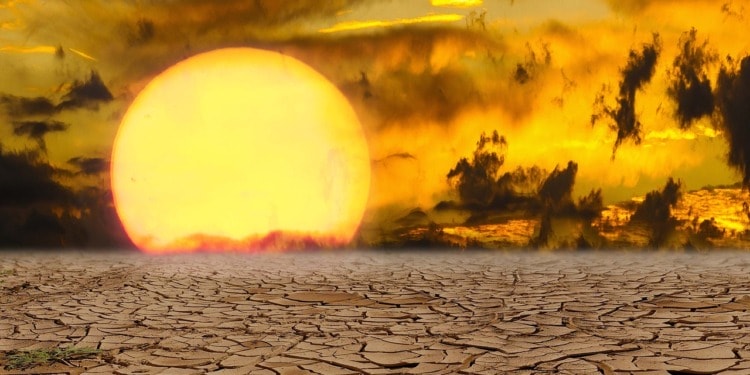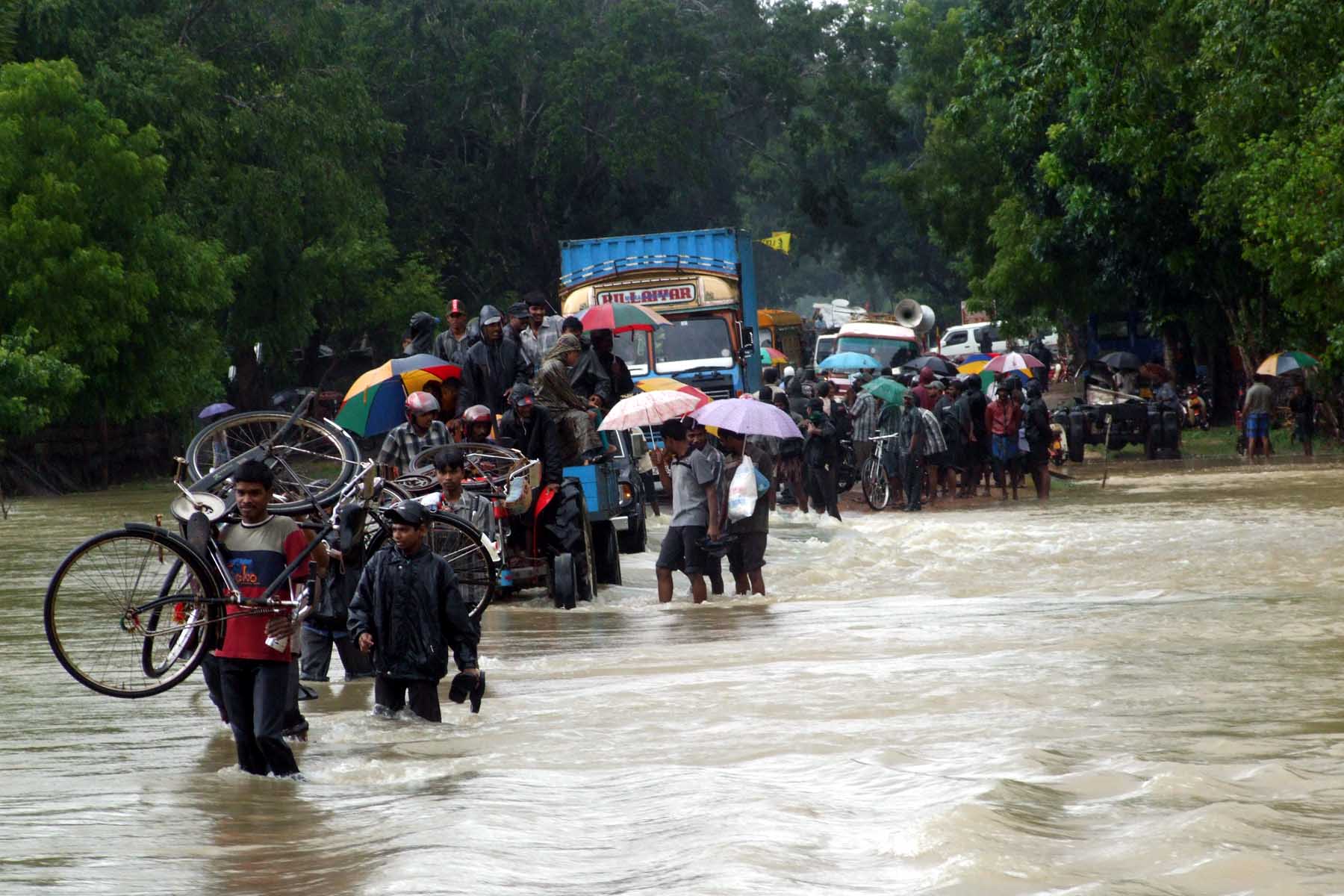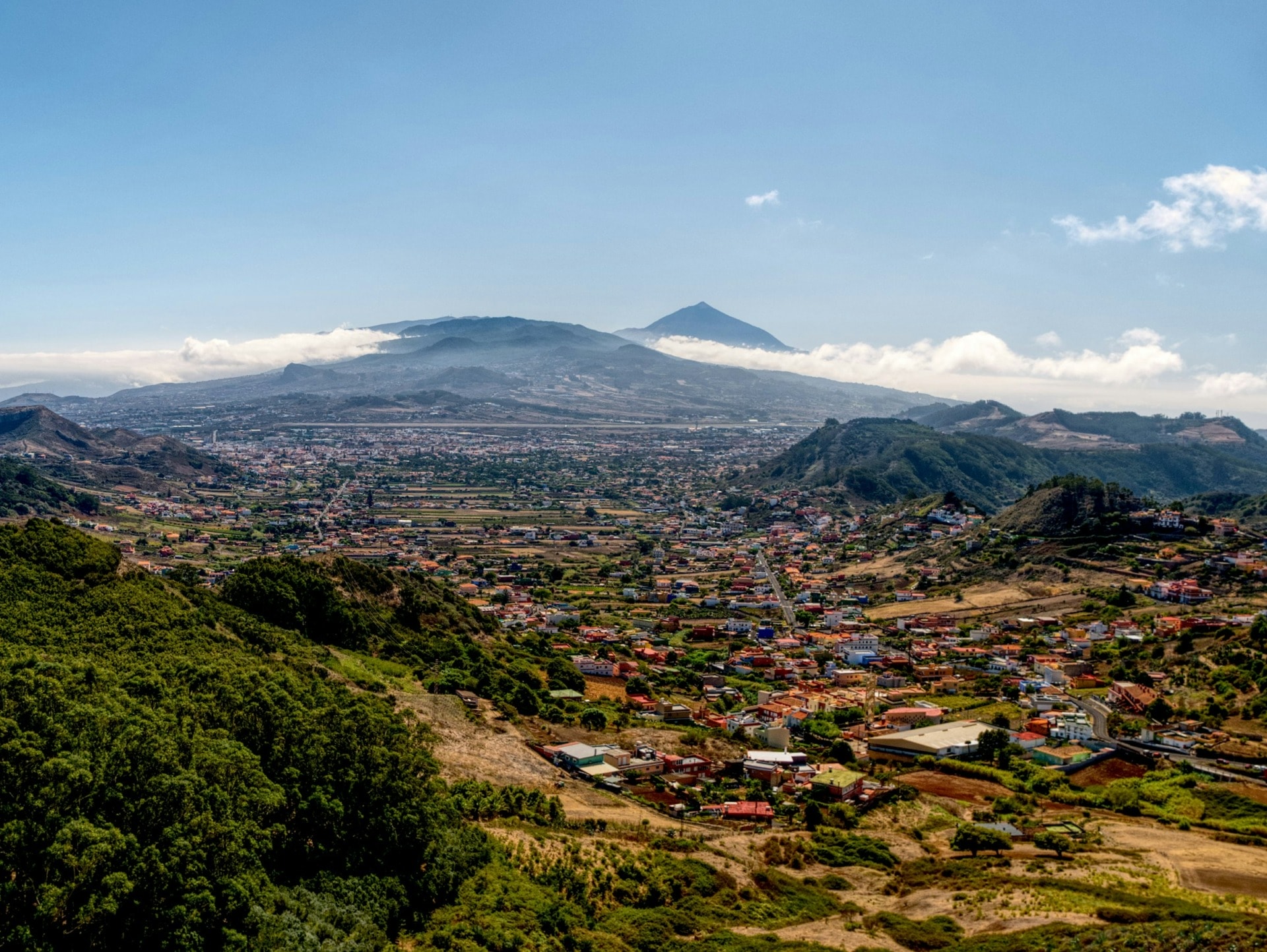For years, scientists have been warning us about the terrible effects climate change would have on our planet.
For years, they have been demonstrating that the hotter the world becomes as a result of the emissions released from human activities, like burning coal, oil, and gas for energy, the more frequent and severe extreme weather events will become.
This year, July broke the record for the hottest month ever registered. And climate change played a huge part in it.
July 2023: Breaking Records in a Negative Way
The record is based on temperatures registered between the mid-1900s and today. Jennifer Francis, a senior scientist at Woodwell Climate Research Center, declared that those are “almost certainly” the highest temperatures registered in the last 100,000 years.
The temperature started to rise in June, which was declared the hottest month ever registered, and continued to increase in July.
This month is on track to be the hottest month ever recorded 📈
ERA5 data from @CopernicusECMWF shows that the first 3 weeks of July shattered temperature records
This chart shows the globally averaged surface air temperature for 1 – 23 July for each year from 1940 to 2023 pic.twitter.com/NgRykJjjJZ
— Copernicus EU (@CopernicusEU) July 29, 2023
Extremely high temperatures were witnessed in several countries. China saw 52.2°C while the USA witnessed a 52°C in the Californian Death Valley.
The Influence of Climate Change
Climate change played a huge part in the recent heat waves.
A new report, published at the beginning of August by Climate Central, reveals that 81% of the world’s population — roughly 6.5 billion people — experienced at least one day in July where the temperatures were amplified by climate change.
The report used the Climate Shift Index (CSI) to calculate the impact of climate change on temperatures around the world. The CSI model goes up to 5, meaning that there could be places where temperatures have been made six, seven, eight times more likely by climate change.
According to this model, in July half of the world experienced temperatures that were made at least five times more likely by climate change. Most of the Caribbean countries were on this level.
Related articles: Heat Levels Expected to Reach Record Highs in the Next 5 Years: Are We Prepared? | Heat Waves At The Poles Could Cause Sudden Climate Breakdown | Summer in Europe Like Never Before: Extreme Heat and Out-of-Control Wildfires | US Heat Wave: What to Expect Next and How to Stay Safe
For two billion people living in countries along the tropical belt — such as Saudi Arabia and Honduras — climate change made it three times more likely that every single July day would be hotter.
Whose fault is that?
Science shows that climate change makes extreme heat more frequent and more severe, also making it affect more areas and for longer periods of time.
When it comes to the July 2023 heatwaves, according to data released in July by World Weather Attribution, the high temperatures reached in the US/Mexico region and in Southern Europe would have been “virtually impossible” without human activities.
Moreover, the temperatures registered in July were up to 2.5° hotter than what they would have been without climate change.
“[W]e found that the heatwaves defined above are 2.5°C warmer in Southern Europe, 2°C warmer in North America and about 1°C in China in today’s climate than they would have been if it was not for human-induced climate change,” wrote the World Weather Attribution researchers.
High temperatures have detrimental effects on the planet, people, and ecosystems; from livestock death to crop failure, the heat is costing us more than we think.
Several of the deaths reported over the past month have been associated with the heat waves. From hikers to construction workers, people are dying of heat.
Those who are at a higher risk of heat-related death are the most vulnerable. And, once again, the countries that are experiencing the worst effects of climate change are the countries that contributed less to the problem.
We are facing a climate crisis and we need concrete, collective action. Now.
As the United Nations (UN) Secretary-General António Guterres told journalists on July 31 at the UN Headquarters in New York:
“[F]or scientists, it is unequivocal – humans are to blame. All this is entirely consistent with predictions and repeated warnings. The only surprise is the speed of the change.”
Editor’s Note: The opinions expressed here by the authors are their own, not those of Impakter.com — In the Featured Photo: Desert landscape. Featured Photo Credit: Pixabay.














